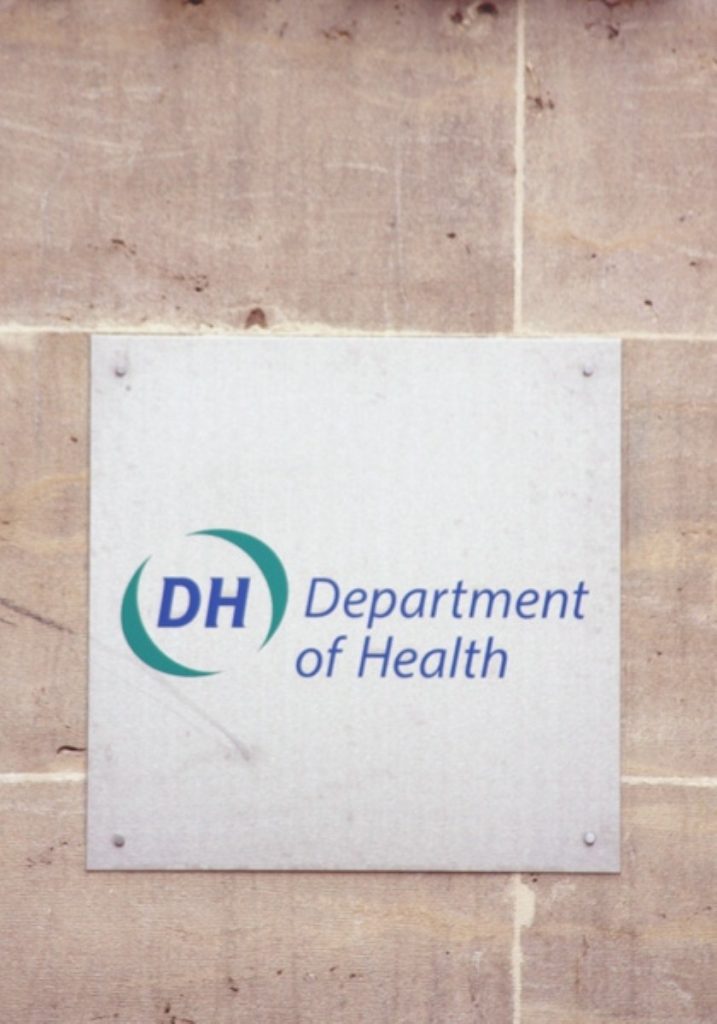Ministers embroiled in health watchdog cover-up scandal
Ministers on both sides of the political divide are becoming increasingly implicated in the cover-ups at the NHS' watchdog this weekend, as more details of the Care Quality Commission's efforts to quash dissent continue to emerge.
Andrew Lansley, the coalition's first health secretary, reportedly threatened a whistleblower with dismissal after she warned lives were at risk.
And Andy Burnham, his predecessor at the Department for Health, faces questions for arguing that he believed the CQC's true role was to "restore patient confidence" in the NHS, rather than uncover failings.
Controversy over the involvement of ministers in the culture of cover-up at the organisation supposed to uphold good standards at the NHS follows revelations about the efforts to limit the media impact of the deaths of 16 babies at the University Hospitals of Morecambe Bay NHS Foundation Trust.


Kay Sheldon, one of the trust's board members, used a public inquiry to voice her concerns about standards at the trust but found herself facing a threat of dismissal from Lansley, the Sunday Times reported.
In reply to his letter, she wrote: "It seems to me that it would be fundamentally unfair effectively to 'sack' the person raising serious, valid and substantiated failings whilst those responsible for the failings remain in post."
Meanwhile Burnham faces questions after it emerged his special adviser had complained she was "frankly disgusted" about ministers not being briefed on a CQC investigation.
Burnham, now shadow health secretary, has insisted he did the "precise opposite" of what is being claimed.
Last week the CQC named former chief executive Cynthia Bower, her deputy Jill Finney and media manager Anna Jefferson as those facing allegations of a cover-up at the organisation.
It is claimed they attended a meeting where the deletion of a critical report was considered.
MPs on the Commons' health committee are seeking to question the CQC's current chief executive David Behan and its chairman David Prior in a bid to uncover the truth.
"What's important to patients is that the people who are now in charge of the CQC have to demonstrate in public, convincingly and quickly, how they are going to build the effectiveness of this organisation so that it can deliver the regulatory function that we pay for and need," committee chair Stephen Dorrell said on Friday.









